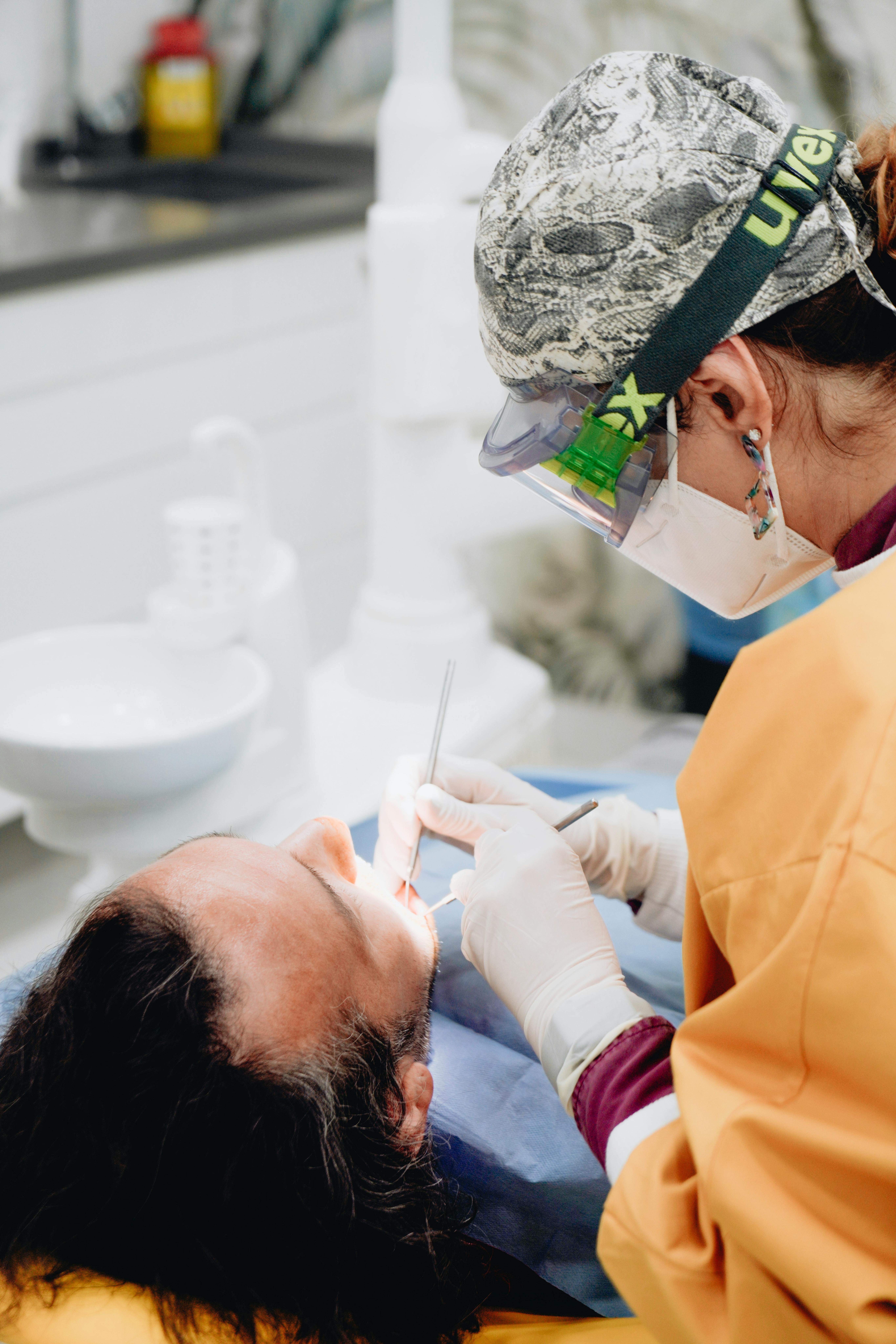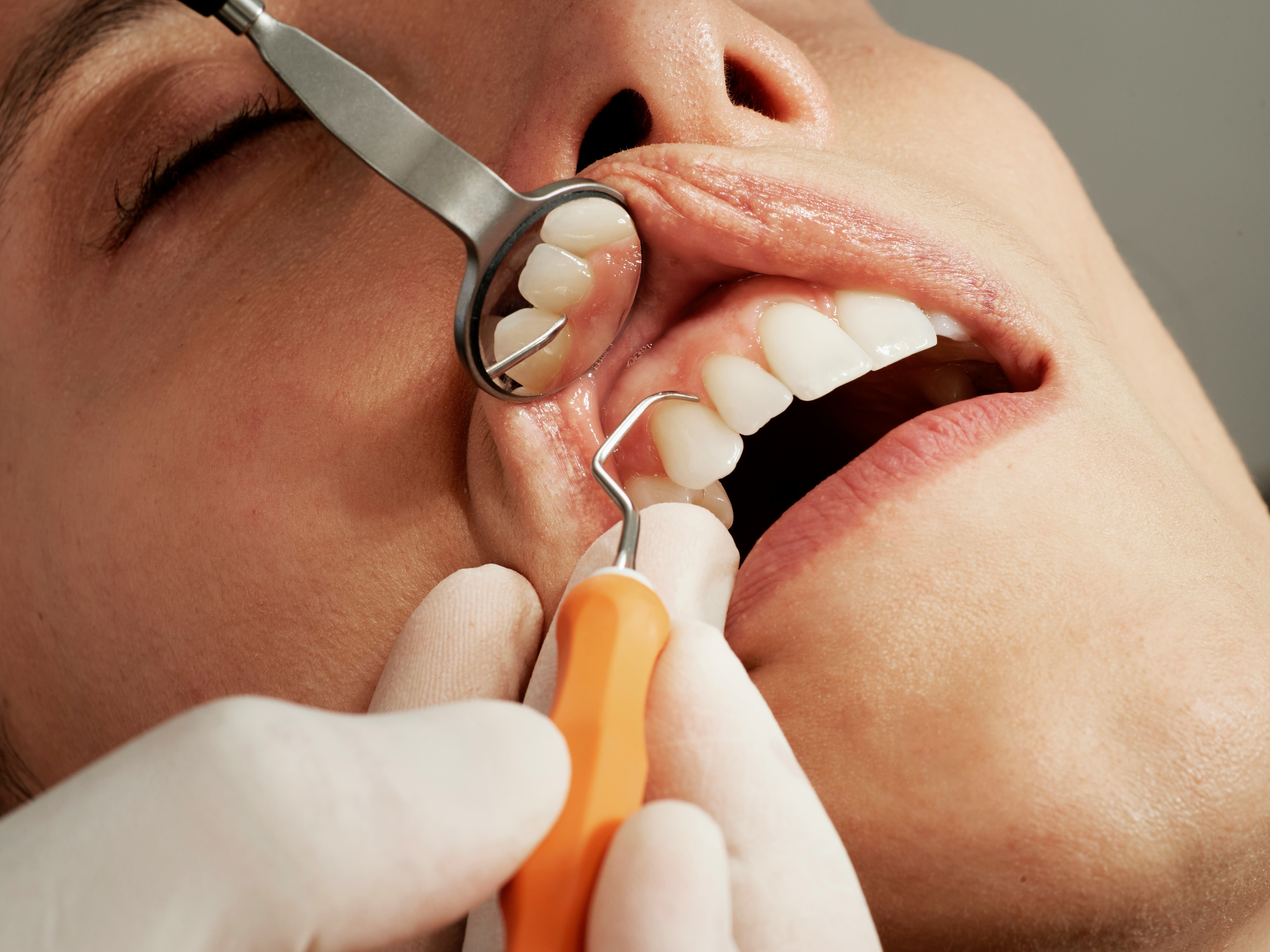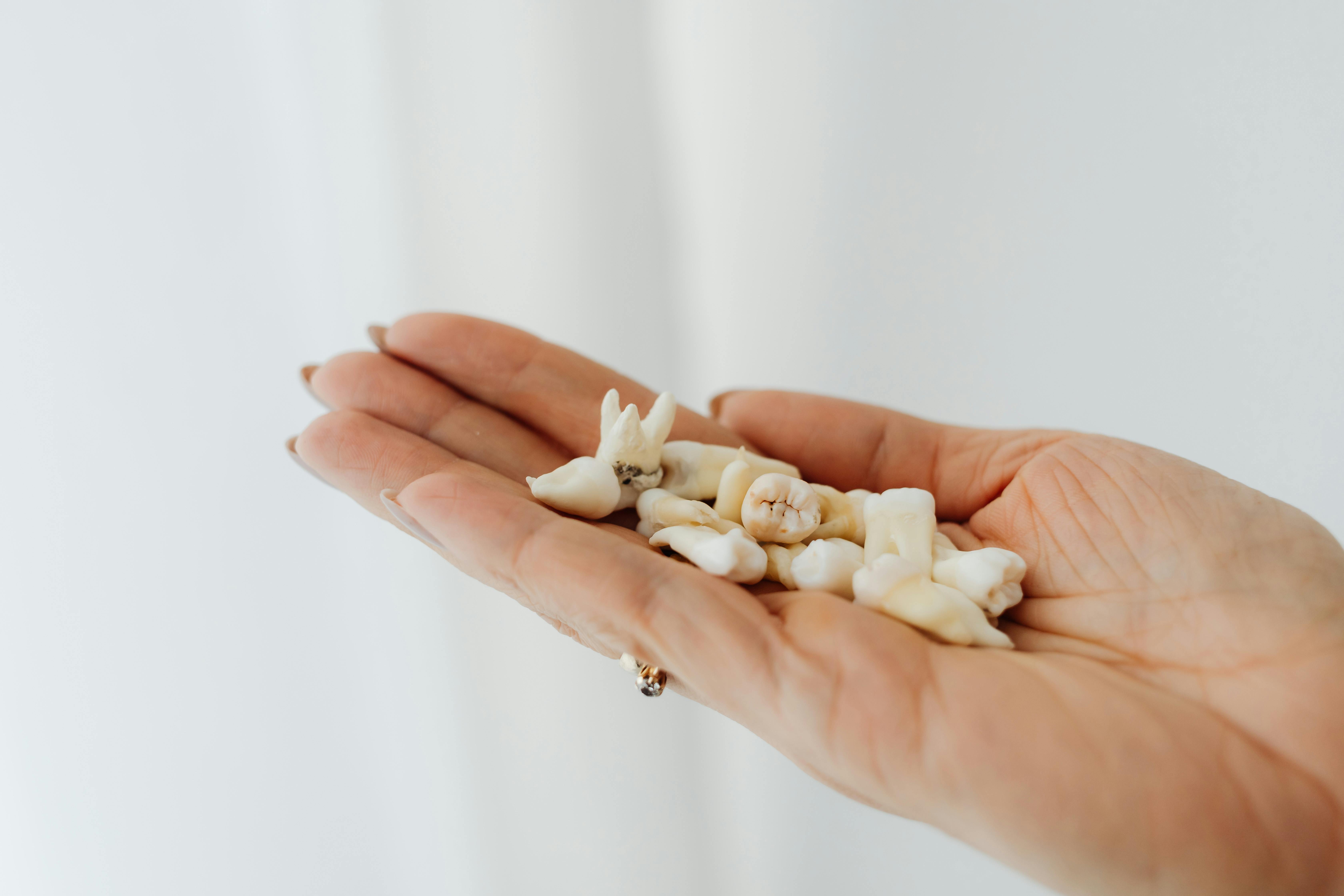The Link Between Autoimmune Diseases and Oral Health
The Link Between Autoimmune Diseases and Oral Health
Autoimmune diseases don’t just affect joints, skin, or internal organs—they can also have a major impact on your oral health. Many people living with autoimmune conditions experience dental and gum issues that are directly linked to how their immune system behaves.
At Gargi’s Dental Care, Kolkata, we often see patients dealing with oral symptoms that are rooted in systemic issues. Whether it’s persistent dry mouth, inflamed gums, or recurring mouth ulcers, understanding the connection between autoimmune conditions and oral health is key to managing both.
What Are Autoimmune Diseases?
Autoimmune diseases occur when the body’s immune system mistakenly attacks healthy tissues. There are more than 80 known autoimmune conditions, including:
- Rheumatoid arthritis
- Lupus (SLE)
- Sjögren’s syndrome
- Type 1 diabetes
- Psoriasis
- Celiac disease
- Crohn’s disease
- Multiple sclerosis
These conditions are chronic and often require long-term treatment. But one aspect that’s often overlooked is their effect on the mouth.
Common Oral Symptoms of Autoimmune Conditions
Depending on the specific condition, autoimmune diseases can lead to a range of oral health challenges, such as:
Dry Mouth (Xerostomia):
Sjögren’s syndrome is a primary cause, but dry mouth is also common in lupus, rheumatoid arthritis, and as a side effect of medications. Without enough saliva, the risk of cavities, gum disease, and oral infections increases dramatically.
Mouth Sores and Ulcers:
Painful ulcers or lesions are frequent in patients with lupus, Crohn’s disease, or Behçet’s disease. These can interfere with eating, speaking, and oral hygiene.
Gum Inflammation and Bleeding:
Autoimmune disorders like rheumatoid arthritis and psoriasis can trigger inflammation in the gums, mimicking or worsening conditions like gingivitis and periodontitis.
Tooth Decay and Enamel Erosion:
With reduced saliva flow and changes in immune response, enamel erosion and decay can become more aggressive in autoimmune patients—even with good oral hygiene.
Jaw Pain or TMJ Dysfunction:
Some autoimmune diseases cause joint pain that affects the temporomandibular joint (TMJ), leading to jaw discomfort, stiffness, or difficulty chewing.
Why Early Dental Intervention Matters
Because autoimmune diseases often require immunosuppressive medications, patients are at higher risk for infections, delayed healing, and gum complications. This makes regular dental checkups not just important, but essential.
At Gargi’s Dental Care, we create dental plans specifically designed for patients with chronic health conditions. We monitor for early signs of trouble, provide gentle cleanings, and work alongside your physician to ensure your treatment supports your overall health.
Oral Care Tips for Patients with Autoimmune Conditions
- Hydrate frequently to ease dry mouth and maintain saliva flow
- Use alcohol-free, fluoride-rich mouthwashes and gentle toothpaste
- Avoid overly spicy, acidic, or rough foods that can aggravate sores
- Floss daily and use a soft-bristled toothbrush
- Consider saliva substitutes or prescription medications for dry mouth
- Visit your dentist every 3–6 months for monitoring and preventive care
When to See a Dentist
If you live with an autoimmune condition and notice symptoms like:
- Persistent mouth dryness
- Unexplained gum bleeding or swelling
- Frequent ulcers or white patches
- Increased tooth sensitivity or decay
- Jaw stiffness or facial pain
Don’t wait. These symptoms may be linked to your autoimmune disease, and managing them early can help prevent long-term complications.
Specialized Oral Care for Autoimmune Patients in Kolkata
At Gargi’s Dental Care, Kolkata, we understand the complexities of autoimmune conditions and how they manifest in the mouth. Our approach combines advanced dental care with compassionate understanding of chronic illnesses.
Book a consultation with us today and let’s work together to keep your smile—and your health—strong and supported.







.jpg)


